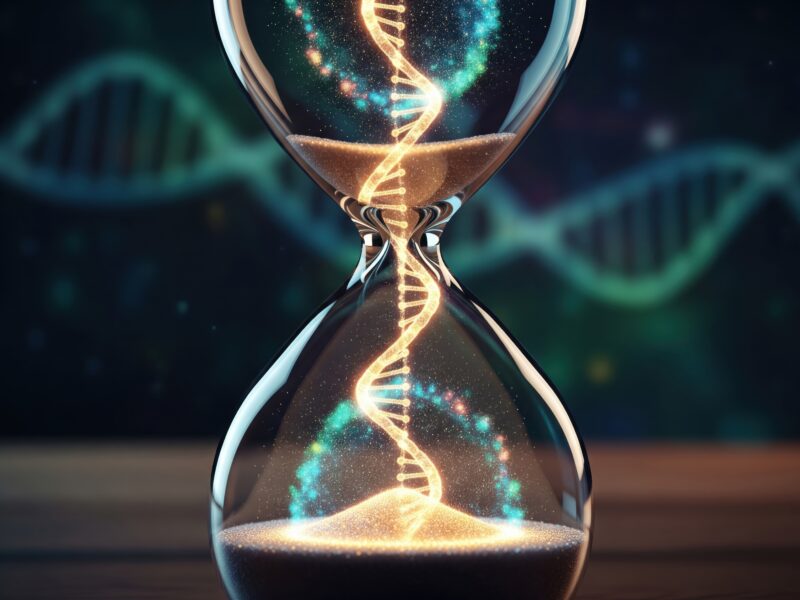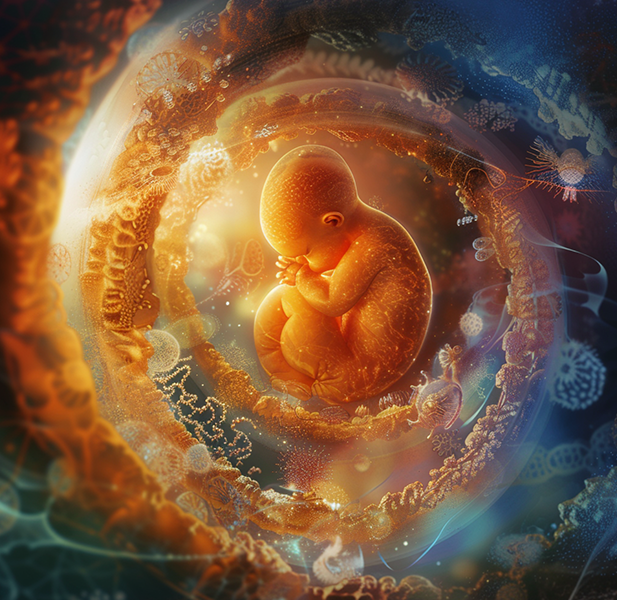As life expectancy increases, there is growing interest not only in extending lifespan but also in improving the quality of those additional years. To address the physical and cognitive decline that often accompanies aging, researchers have explored a variety of strategies.
Aging-US Research
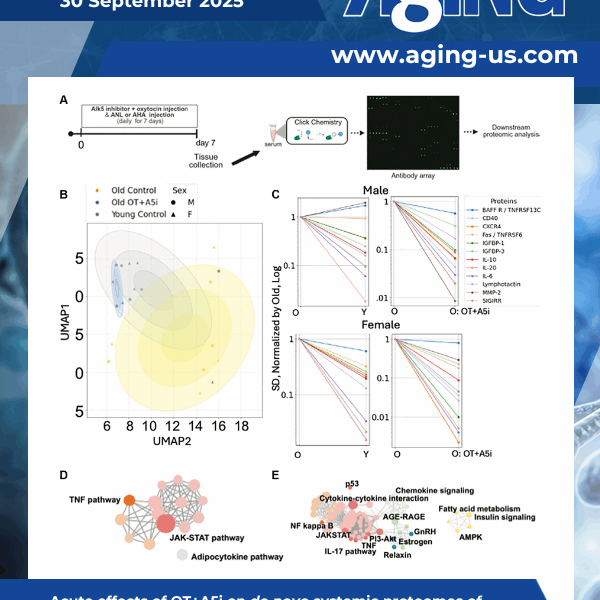
Here, we examined whether simultaneous calibration of pathways that change with aging in opposite directions would be more effective in increasing healthspan and lifespan. Moreover, we started with the challenging age group – frail 25-months-old mice that are equivalent to ~75-year-old people.

Aging research has made significant progress in recent years by combining disciplines like biology, technology, and medicine to tackle the challenges of extending healthspans and reducing age-related diseases. While people today live longer than ever before, extending our “healthspan”—the years we stay active and illness-free—remains challenging. AI and health biomarkers (biological indicators of our body’s condition) are now key tools in the pursuit of longer, healthier lives.
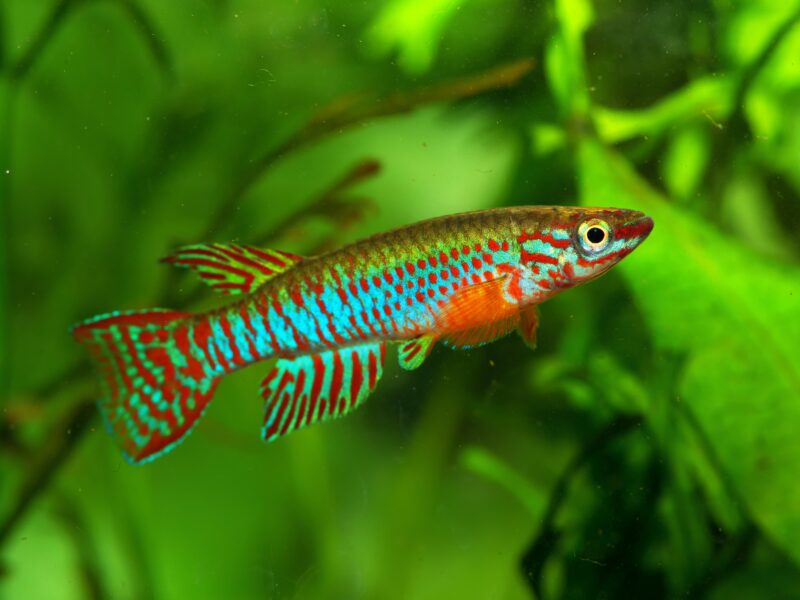
Researchers from Japan explore the effects of housing density during the juvenile stage on whole-life traits, including growth, fecundity, and lifespan, in African turquoise killifish.
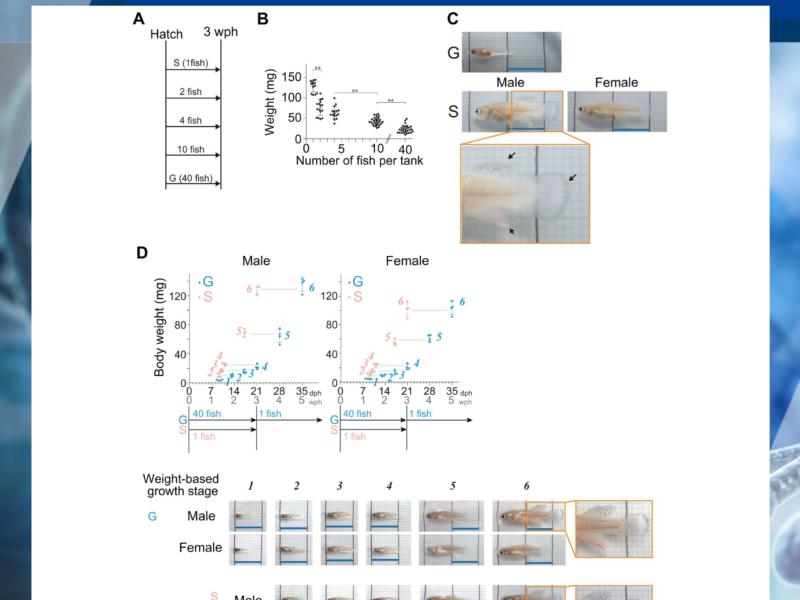
Within the same species, individuals exhibiting faster growth tend to have shorter lifespans, even if their fast growth arises from early-life pharmacological interventions. However, in vertebrates, the impact of the early-life environment on the growth rate and lifespan has not been fully elucidated.
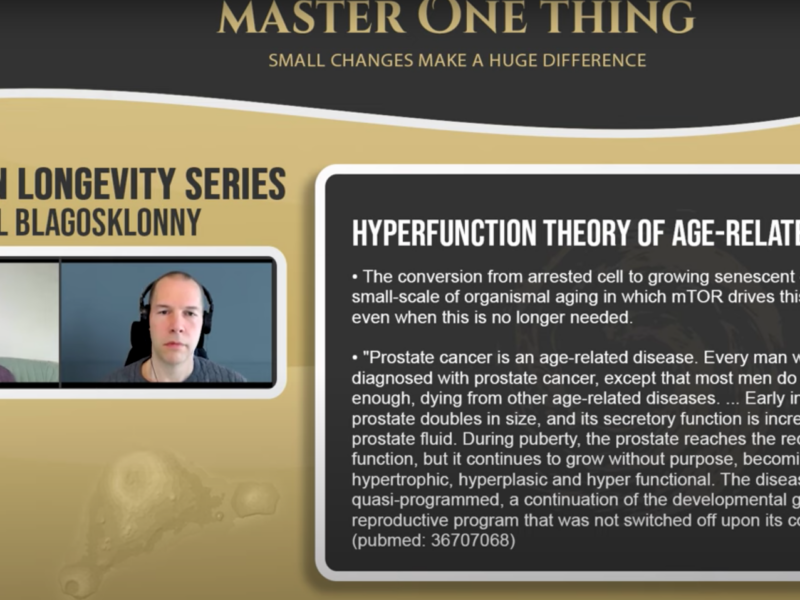
Dr. Mikhail Blagosklonny joins “Master One Thing” host Krister Kauppi to discuss the impact of his rapamycin research and hyperfunciton theory of aging.

Researchers analyzed the behavior of hybrid mice and presented a novel method to qualitatively estimate natural lifespan.
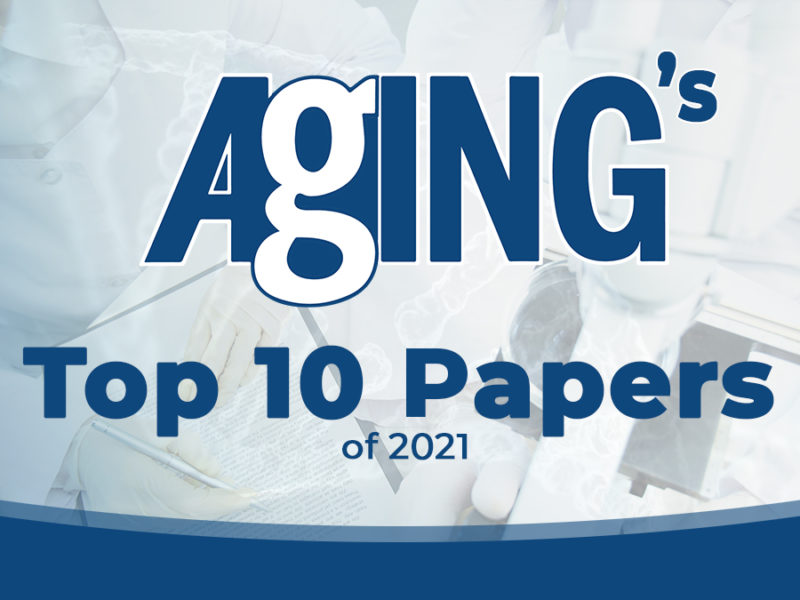
Read the 10 most-viewed papers on Aging-US.com in 2021.

